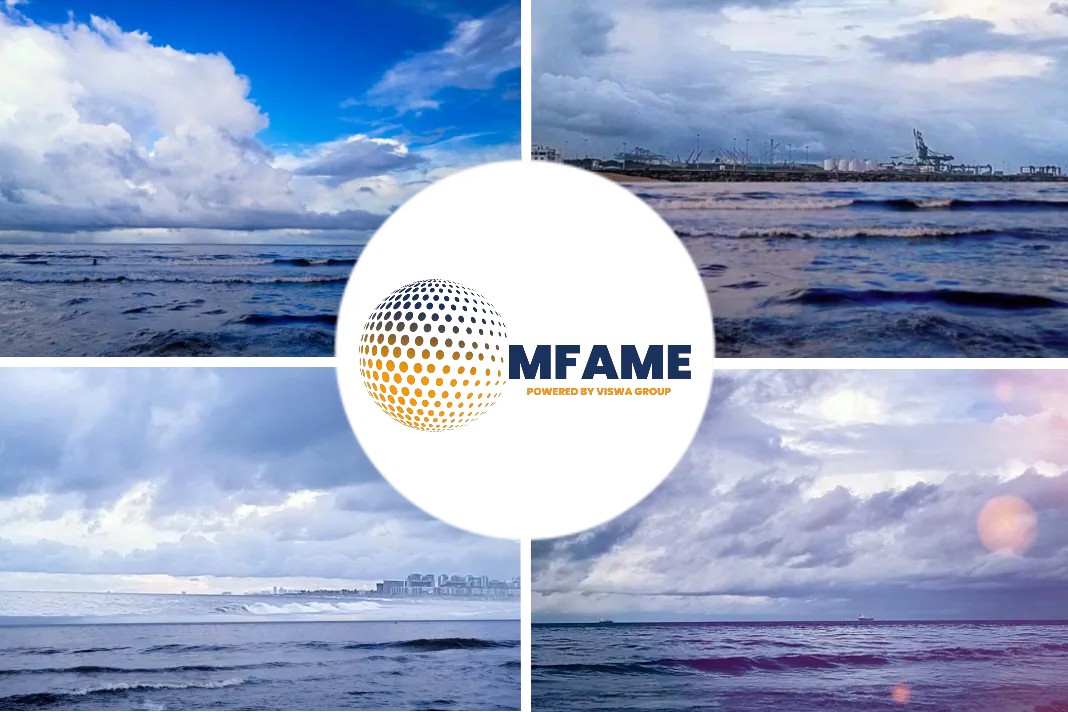A new ship powered only by lithium-ion batteries is coming to Japan’s coastline. A new 60m tanker, named the e5, is the first of its kind to be powered solely by lithium-ion batteries. This all-electric vessel will launch in Tokyo Bay next year, says an article published in ShipTechnology.
What is e5 ?
The name of the ship stands for the five core values of the project and its green initiative: electrification, evolution, environment, efficiency, and economics.
Company, Which Rewarded The Project
Kawasaki Heavy Industries (KHI) was awarded the contract for the ship’s propulsion system which will be combined with the 3,480kwh Orca Energy storage system (ESS), developed by Corvus Energy, to power the e5.
Corvus Energy was primarily selected to provide the e5’s ESS because of the previous relationship KHI has with the company. “Our first contact with e5 was about three or four years ago,” says KHI manager Ohno Tatsuya.
About e5 Project
The tanker will use the e5 model designed by e5 Lab, a joint venture between Asahi Tanker and Mitsubishi amongst others. Tokyo-based Asahi Tanker will own and operate the e5 vessel which, ironically, will carry marine diesel fuels to refill the tanks of other cargo ships in the Bay. The ship will incorporate two 1,740-kWh Orca ESS lithium-ion batteries which will power the motors of the e5. That’s enough capacity to propel the ship for “many hours” before needing to plug into a shoreside charging station, said Sean Puchalski of Corvus Energy, the company supplying the batteries.
e5 Aim
Ships produce vast amounts of exhaust gases, including nitrogen oxide, sulphur oxide and CO2. Consequently, cargo ships are among the highest sources of pollution in seaports. Numerous regulations and targets have been implemented by organisations such as the International Maritime Organization (IMO) to reduce emissions. Some shipowners are looking towards batteries as a greener, more efficient power source. The e5 aims to help Japan’s shipping industry tackle carbon dioxide emissions and air pollution produced by ships.
Factors Giving Momentum To Batteries
- Lithium-ion technology has become significantly cheaper due to the electric car boom on land. Average battery pack prices were about $140 per Kwh in 2020, down from about $670 in 2013. Prices are expected to drop to about $100 per Kwh by 2023, BloombergNEF, a research consulting firm, said in a report.
- Shipping companies are now required to tackle their carbon footprints. Cargo ships account for nearly 3% of annual greenhouse gas emissions. And battery is the solution that could give zero emission.
Did you subscribe to our daily newsletter?
It’s Free! Click here to Subscribe!
Source: Ship Technology
















